The commons involves an identity shift... different roles and perspectives. We can escape from capitalist value chains by creating value networks of mutual commitment. It is by changing the micropatterns of social life on the ground with each other that we can begin to decolonize ourselves from history and culture.
— David Bollier (1966–) and Silke Helfrich (1967–2021), authors and activists, Free, Fair, and Alive: The Insurgent Power of the Commons
If the tragedy of the modern economy is that it has succeeded in separating us from one another and from nature, the tragedy of the contemporary theatre is that it has limited the imagination around how work is produced, who has access, and what constitutes artistic excellence. It perpetuates racist, patriarchal, ableist power structures and systems that are not conducive to collaboration or artmaking, but which are best suited to continued marginalization and inequitable practices. But, there’s a movement afoot in the theatre. It is not the first of its kind, but it is of this moment, when there is a bottom-up groundswell of artists and cultural workers producing work outside (and in spite of) the marketplace, creating sovereign models beyond traditional non-profit structures, and building new artist-led infrastructures and networks rooted in care and interdependence. These initiatives are growing out from the cracks and fissures of a calcified market economy and a commercialized not-for-profit theatre sector, driven by a desire for more liberatory, humane, equitable, and relational ways of being and doing.
HowlRound is devoted to sharing knowledge and experiences between theatremakers. We do this in hopes of creating more resources and more opportunities for each other to claim the power and possibility to change the way theatre is traditionally made to better serve us all. We can have this conversation in this way because HowlRound has structured itself as a digital commons. We acknowledge that theatre does not exist in a bubble and that the larger context for theatre is one of tremendous cacophony and chaos. One where modernity and capitalism—its attendant institutions and infrastructure—have largely failed us. We must create new/old pathways forward. We believe that approaching our work through a commons-based framework can help enable the kind of systems and culture shift we need to create a more equitable, just, and sustainable theatre field and world. With this belief in mind, we devote this week on HowlRound to exploring the intersection between theatre and commoning.
We acknowledge that theatre does not exist in a bubble and that the larger context for theatre is one of tremendous cacophony and chaos. One where modernity and capitalism—its attendant institutions and infrastructure—have largely failed us. We must create new/old pathways forward.
What Do We Mean by Commons?
Commons, according to David Bollier, are living social systems through which people and groups meet their needs in self-organized and collaborative ways that are less dependent on the marketplace and cash exchange. In a commons, a distinct community governs a shared resource and its usage. For many, it’s more about the verb than the noun, the doing more than the thing. Commoning is learning together how to co-create to meet shared goals and uphold shared values. Results, efficacy, and excellence co-exist alongside an unfolding process that promotes holism, the well-being of the other and the natural world, decentralized decision-making, grassroots activity, and dynamic sharing between peers and members of a community around infrastructure, material goods, knowledge, skills, and ideas. A commons orientation asks us to steward the resources we hold toward a greater collective good. It also asks us to acknowledge our interdependence and to build relationships with an eye toward collectivity, equity, fairness, and mutual benefit. Examples of commons include food cooperatives, CSAs (Community-Supported Agriculture), time banks, community gardens, and alternative and local currencies, to name a few. But in the words of Bollier, “the commons are as old as the human species and as new as a lot of internet systems. Cooperation and self-governance are ancient human traditions, but also new and constantly evolving.”
Many have gravitated to the commons as a powerful framework, while others find it abstract, alienating, and inherently Eurocentric given its property-specific origins in medieval England. In The Commons in History: Culture, Conflict, and Ecology, Derek Wall shares that Marxist historian and scholar Peter Linebaugh, who coined the term “commoning” to denote the practices that construct the commons, has argued that “there were connections between the British radical commons tradition, indigenous land rights, and slave rebellions.” Many commons theorists assert that the original commoners are in fact Indigenous peoples who stewarded the land with care for thousands of years before colonization. In short, regardless of origin, there are many paradigms, practices, and lifeways that break the death march of (white) modernity.
It’s more about the verb than the noun, the doing more than the thing. Commoning is learning together how to co-create to meet shared goals and uphold shared values.
Whatever the particular name—the commons, solidarity economy, localization, gift economy, economies of happiness, and so on—in this series we seek to make visible and honor manifestations of this work. We are deeply interested in the livingness (or life) of these practices as much as their functionality. We want to converge around the experiential, the poetic, and the practical—the wide continuum between the spirit and the technology. This movement itself is not a monoculture; it is highly diverse and eclectic. Some projects are small-scale and highly localized. Others may be so far from conventional centers of art and culture, and made up of such wild coalitions, they may not even be recognizable as theatre. Rarely are these efforts featured in the press; however, these highly adaptive outcroppings are changing ways that work is created and produced and who has access to it to begin with.
How We Got Here
We—Jamie and Matthew—have been diving into the possibilities of this work and organizing with others who share our interest in a loosely fashioned working group devoted to Arts, Culture, and Commoning since 2017. (See our 2018 essay, “The Promise of the Commons” for more on this group).

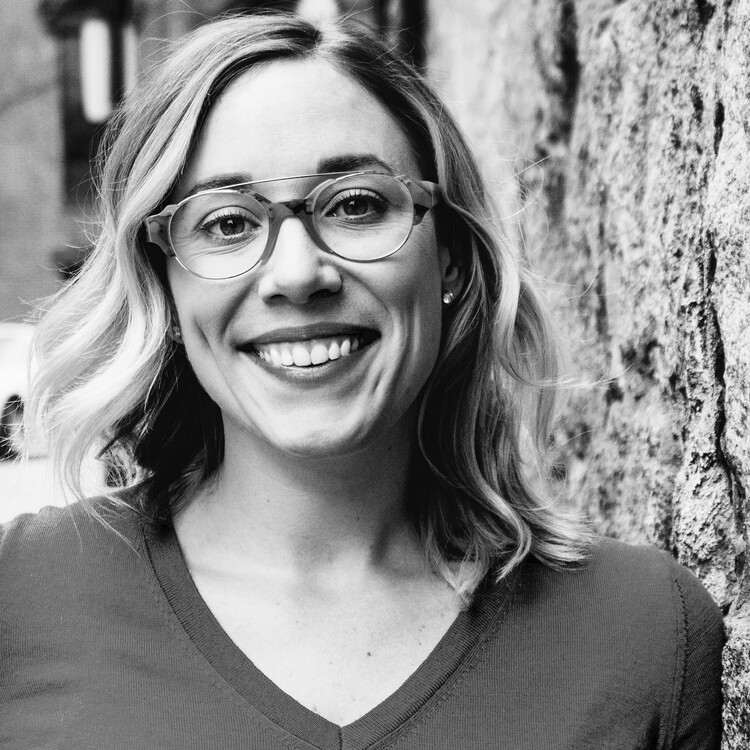
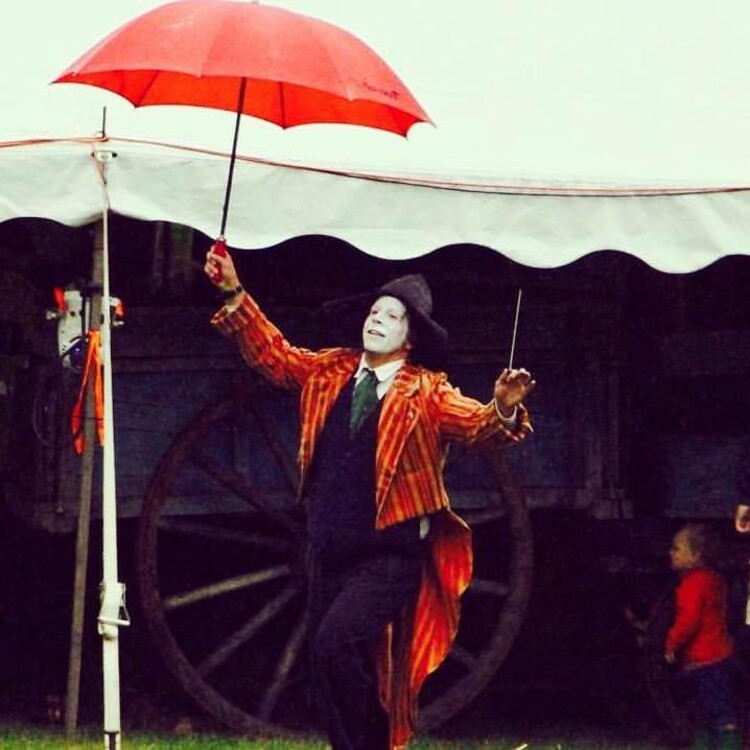
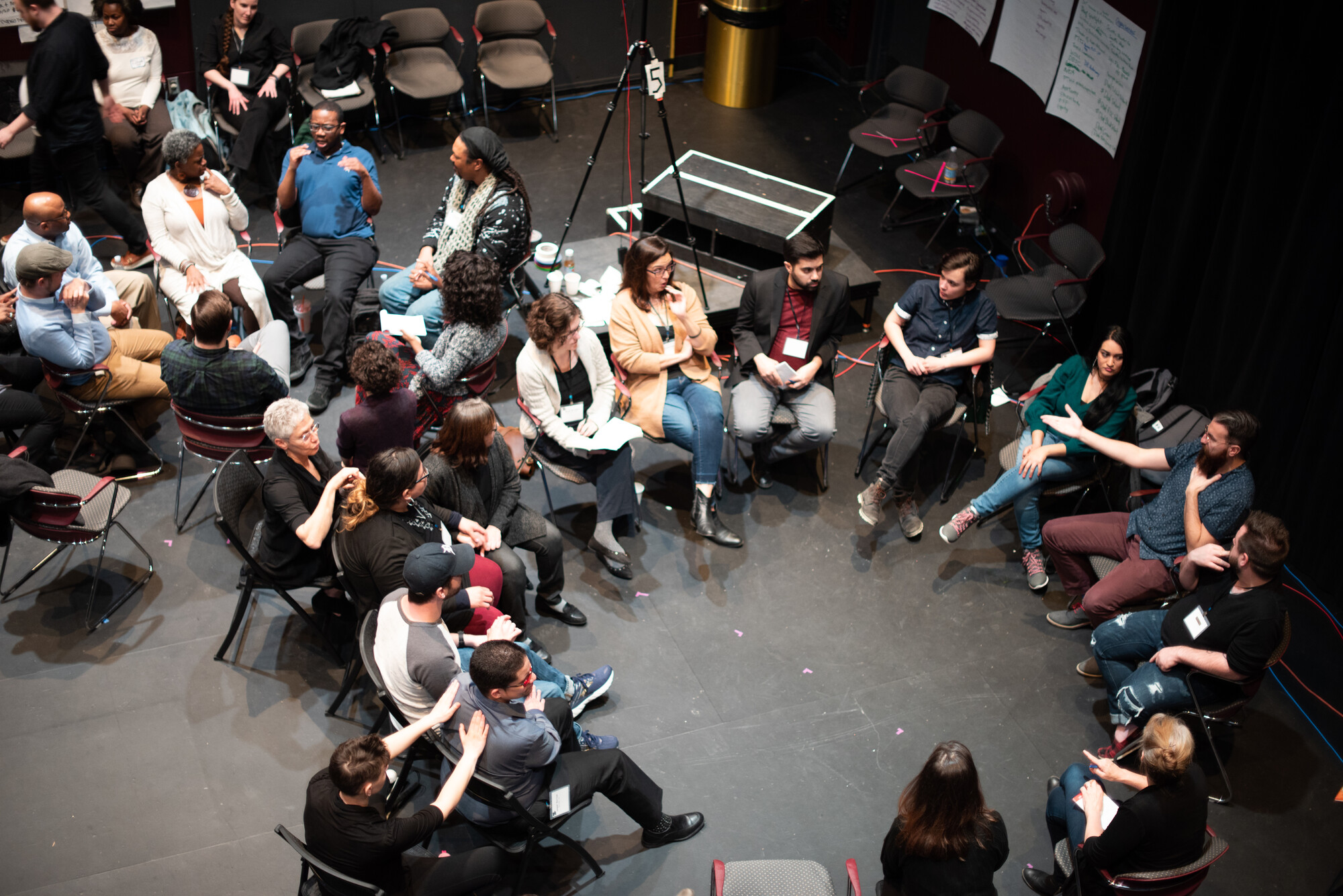
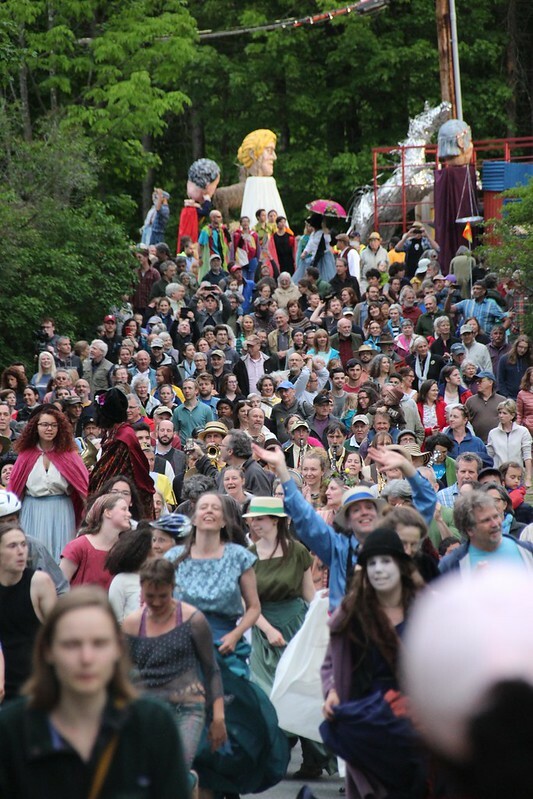
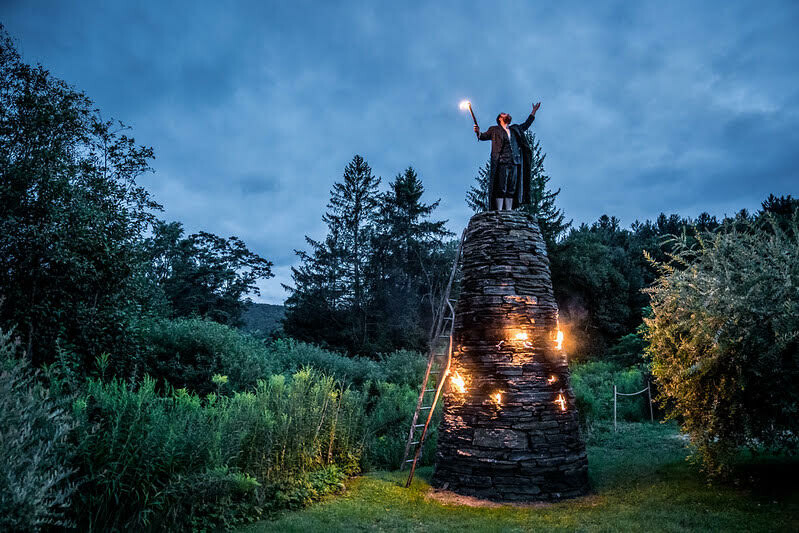
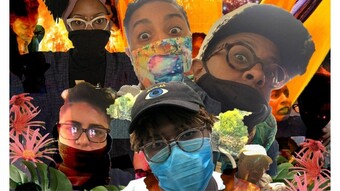


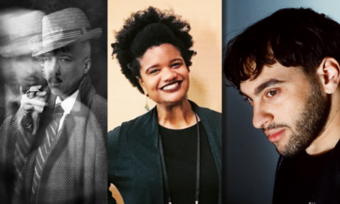



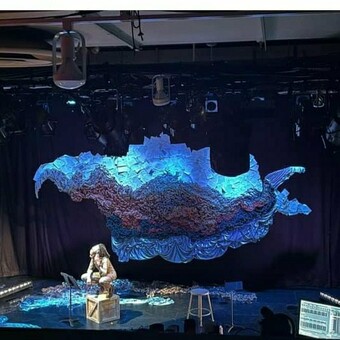

Comments
The article is just the start of the conversation—we want to know what you think about this subject, too! HowlRound is a space for knowledge-sharing, and we welcome spirited, thoughtful, and on-topic dialogue. Find our full comments policy here